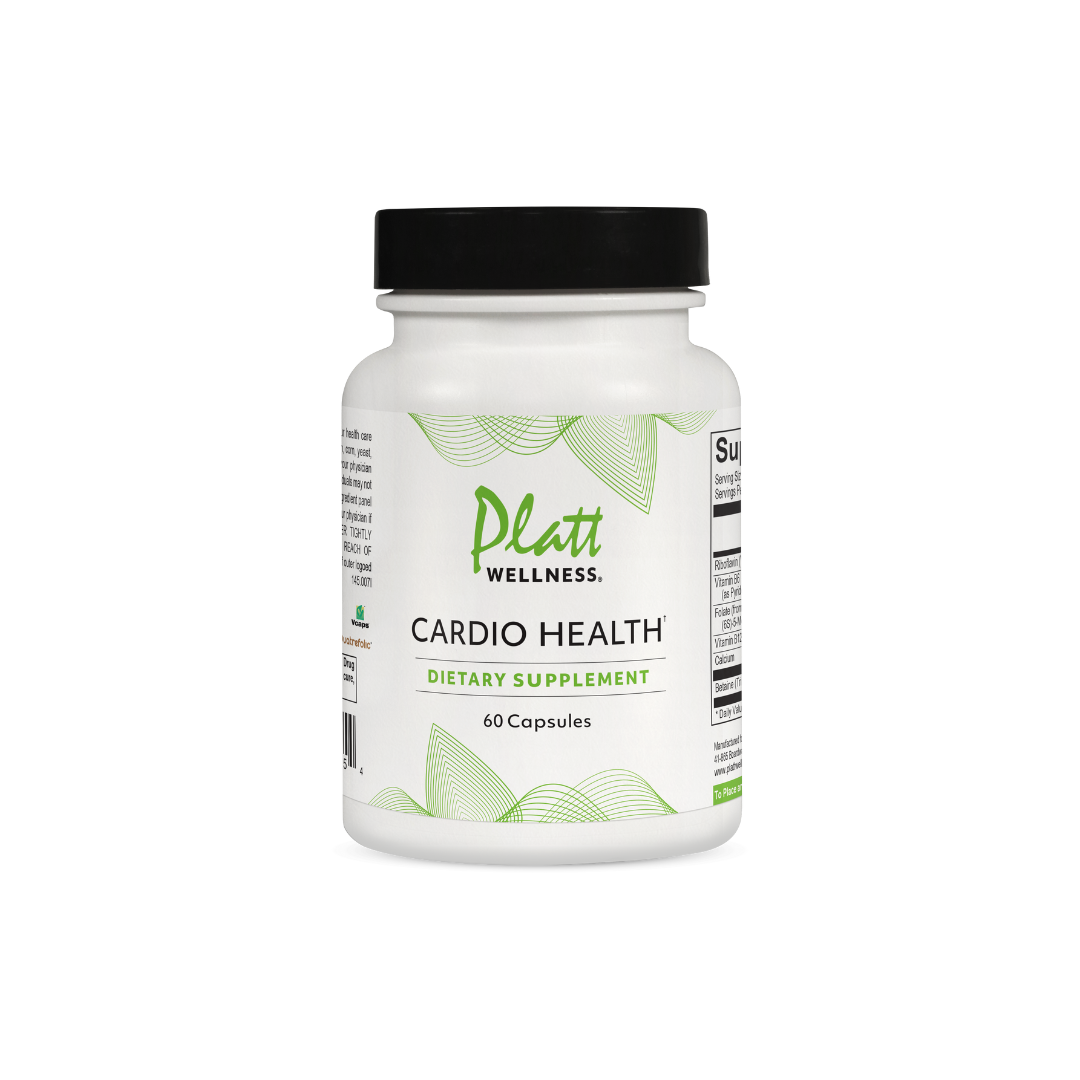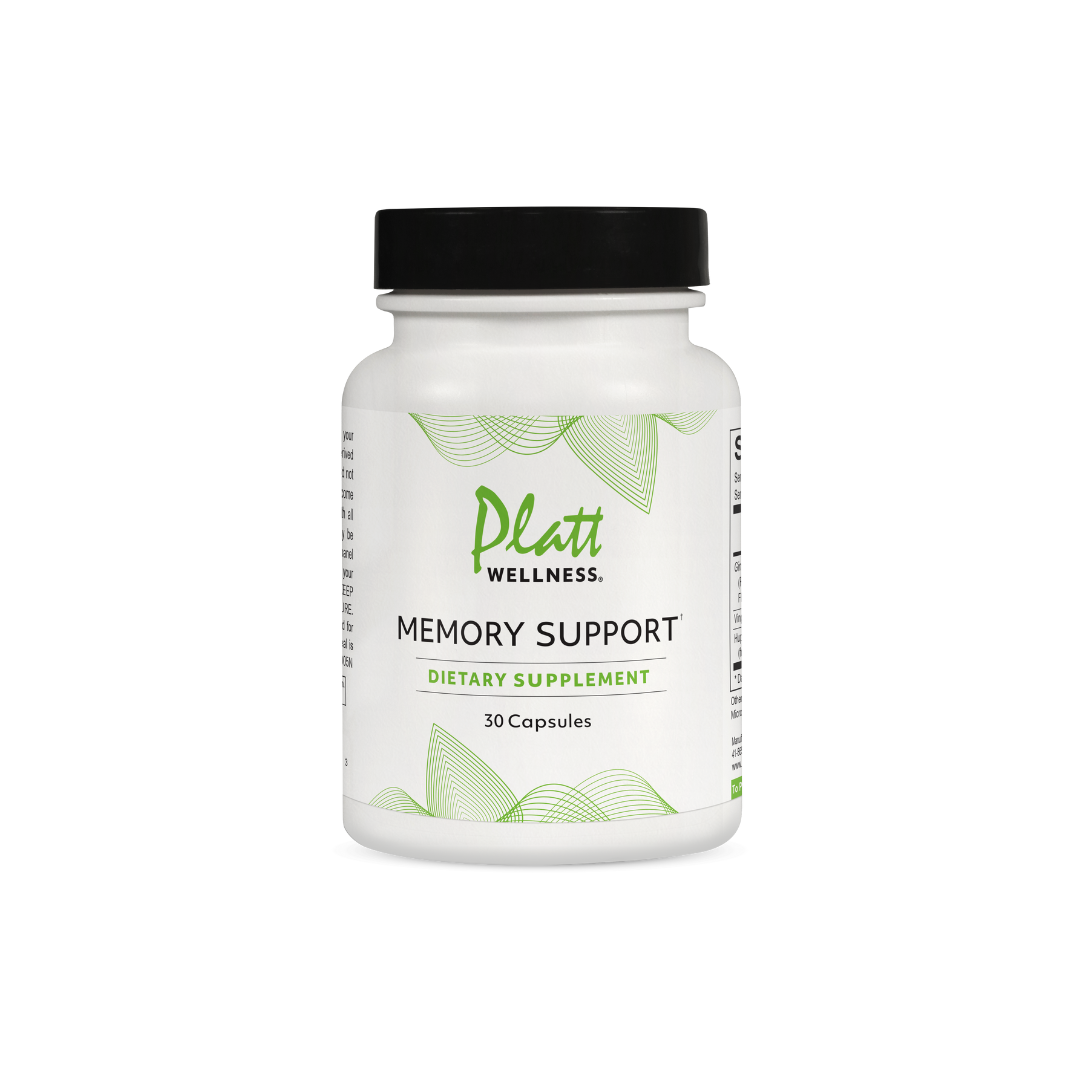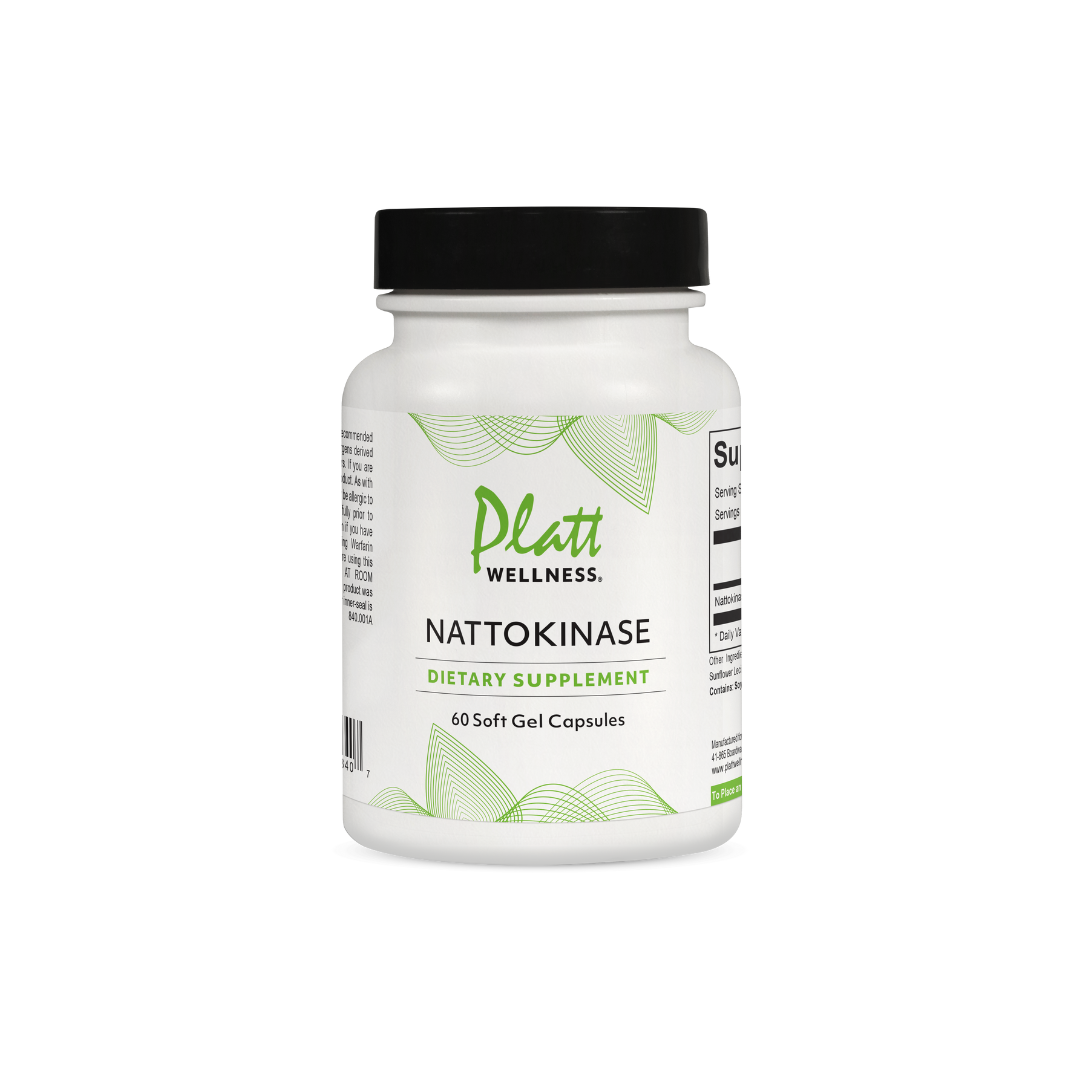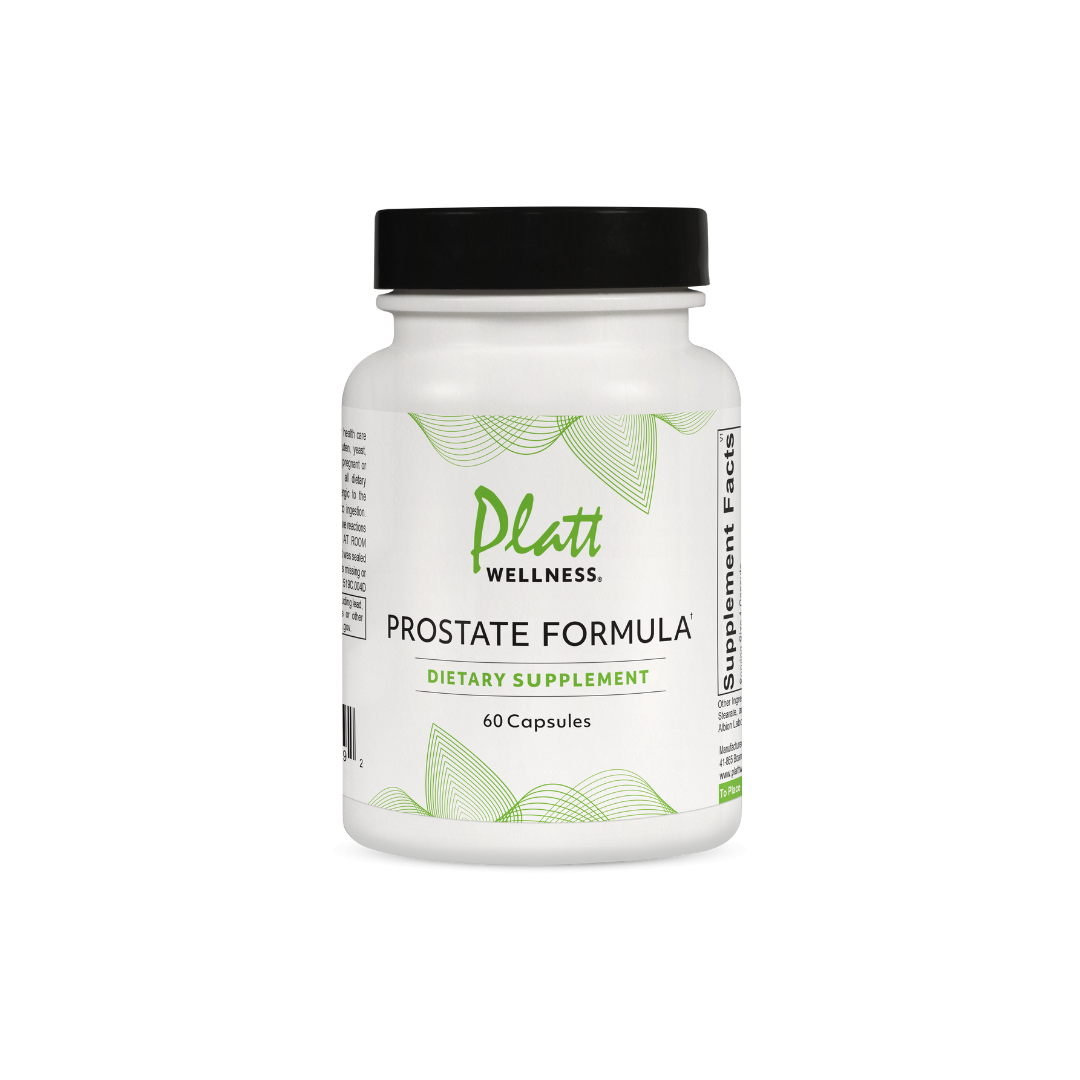In some ways, hormone replacement in men is more important than it is for women. The most important hormone to replace in men is testosterone. It usually peaks around the age of 20, and then starts to decline yearly. Around the ages of 50 to 60 it has often decreased to a level where symptoms become noticeable.
The classic changes that occur most often relate to a decrease in libido (loss of interest in sex) and erectile dysfunction. However, there are other aspects to testosterone replacement that men should be aware of. For example, almost 100% of men that have heart attacks have been found to have low testosterone levels. In this regard, there are more testosterone receptor sites on heart cells than anywhere else in the body.
There have been several studies done at the NIH which demonstrated the importance of testosterone and the heart. It has been noted that 100% of men who suffer a massive heart attack will go into congestive heart failure. Several studies demonstrated that giving men testosterone at the time of admission to the hospital prevented the development of congestive heart failure in every case.
Men low in testosterone can become depressed, lose their joie de vivre, and have less stamina and less strength.
Another hormone to consider is progesterone, which men stop making around the age of 50. As a result, insulin levels go up and men then develop fat around the middle and get sleepy between 3 and 4 in the afternoon. Another consequence of a drop in progesterone is that men start developing prostate cancer in their 50s and 60s. Progesterone is known to prevent every cancer that is caused by estrogen which includes prostate cancer.
DHEA is another hormone that should be replaced in those men whose levels have dropped. At one time, in both men and women, it is the most abundant steroid hormone. As people get older the levels of this hormone decline and it is often used as a biological marker for aging; those people with the highest levels have the greatest longevity.
I have always been a great believer in preventive medicine. Putting hormones in balance is an important way to achieve this. For those of you who would like to have more information on this subject I would recommend my book entitled, ”The Miracle of Bio-identical Hormones”. It is available from Amazon or from my website www.plattwellness.com. Healthcare practitioners might be interested in my hormone manual which goes into detail in a logical manner about hormone replacement.







